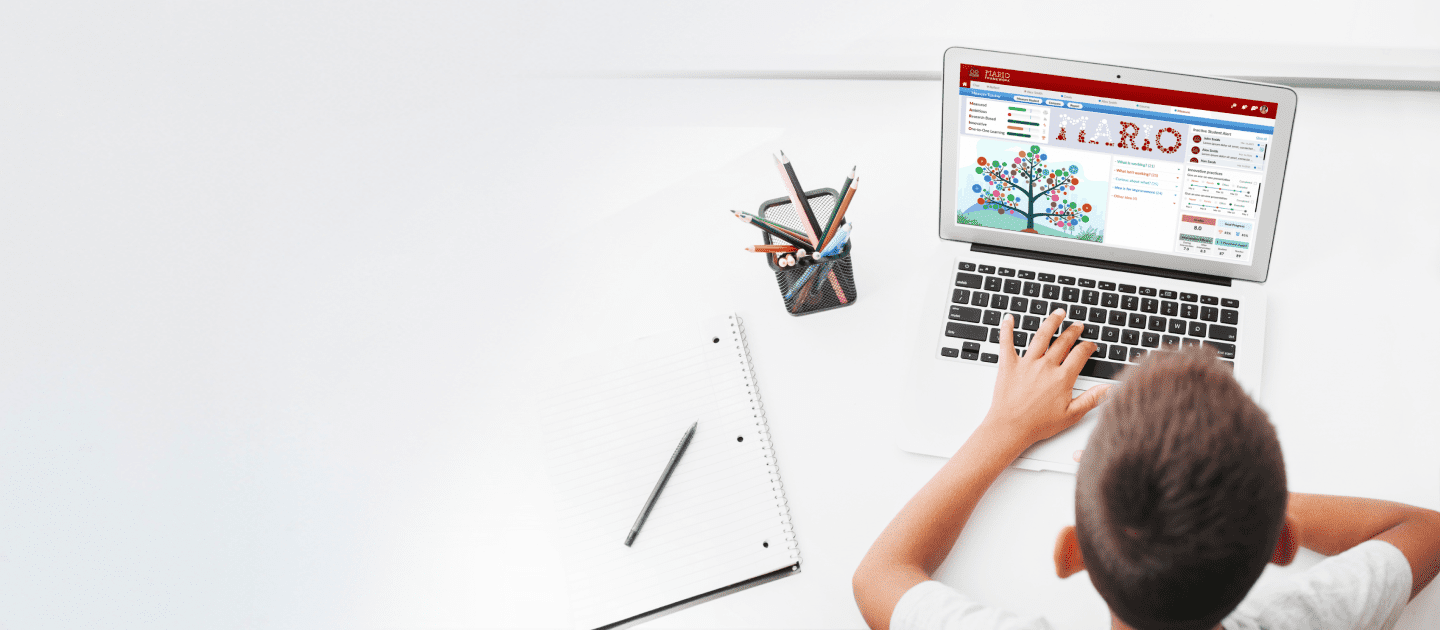Self-efficacy: Toward a unifying theory of behavioral change – Albert Bandura

This article presents an integrative theoretical framework to explain and to predict psychological changes achieved by different modes of treatment.
Learner-centered teacher-student relationships are effective: A meta-analysis – Jeffrey Cornelius-White

Person-centered education is a counseling-originated, educational psychology model, overripe for meta-analysis, that posits that positive teacher-student relationships are associated with optimal, holistic learning.
The exceptional potential in each primary care consultation – N.C. H. Stott and R. H. Davis

In this article, a four-point framework is described, which has been found to be helpful for general practitioners who try to achieve greater breadth in each consultation.
The role of conversation in health care interventions: enabling sense-making and learning – Jordan et al.

The purpose of this paper is to discuss the role of conversation in shaping interventions and to explain why conversation is important in intervention efforts in health care organizations. We draw on literature from sociolinguistics and complex adaptive systems theory to create an interpretive framework and develop our theory.
From cognitive modeling to self-regulation: a social cognitive career path – Barry J. Zimmerman

Zimmerman outlines his personal connections to his work and motivations for engaging in this type of research, stating, “My career path to understanding the source and nature of human learning started with an interest in social processes, especially cognitive modeling, and has led to the exploration of self-regulatory processes.
Ecological Systems Theory – Urie Bronfenbrenner

This work further investigates key topics such as the defining properties of the bio-ecological model, developmental science, and a biological model of the nature/nurture concept with an emphasis on research, policy and practice.
Classroom instruction that works: Research-based strategies for increasing student achievement – Robert J. Marzano, Debra Pickering & Jane E. Pollock

This book provides information on what works in education, how teachers can find what works, how educational research can find its way into classrooms, and how teachers can apply it to help individual students.
The Origins of Intelligence in Children – Jean Piaget (Margaret Cook, translator)

This work, a second edition of which has very kindly been requested, was followed by La Construction du réel chez l’enfant and was to have been completed by a study of the genesis of imitation in the child.
Visible Learning for Teachers Maximizing Impact on Learning – John Hattie

In November 2008, John Hattie’s ground-breaking book Visible Learning synthesized the results of more than fifteen years research involving millions of students and represented the biggest ever collection of evidence-based research into what actually works in schools to improve learning.
The Unity and Diversity of Executive Functions and Their Contributions to Complex ‘‘Frontal Lobe’’ Tasks: A Latent Variable Analysis – Miyake et al.

This individual differences study examined the separability of three often postulated executive functions-mental set shifting (“Shifting”), information updating and monitoring (“Updating”), and inhibition of prepotent responses (“Inhibition”)-and their roles in complex “frontal lobe” or “executive” tasks.
